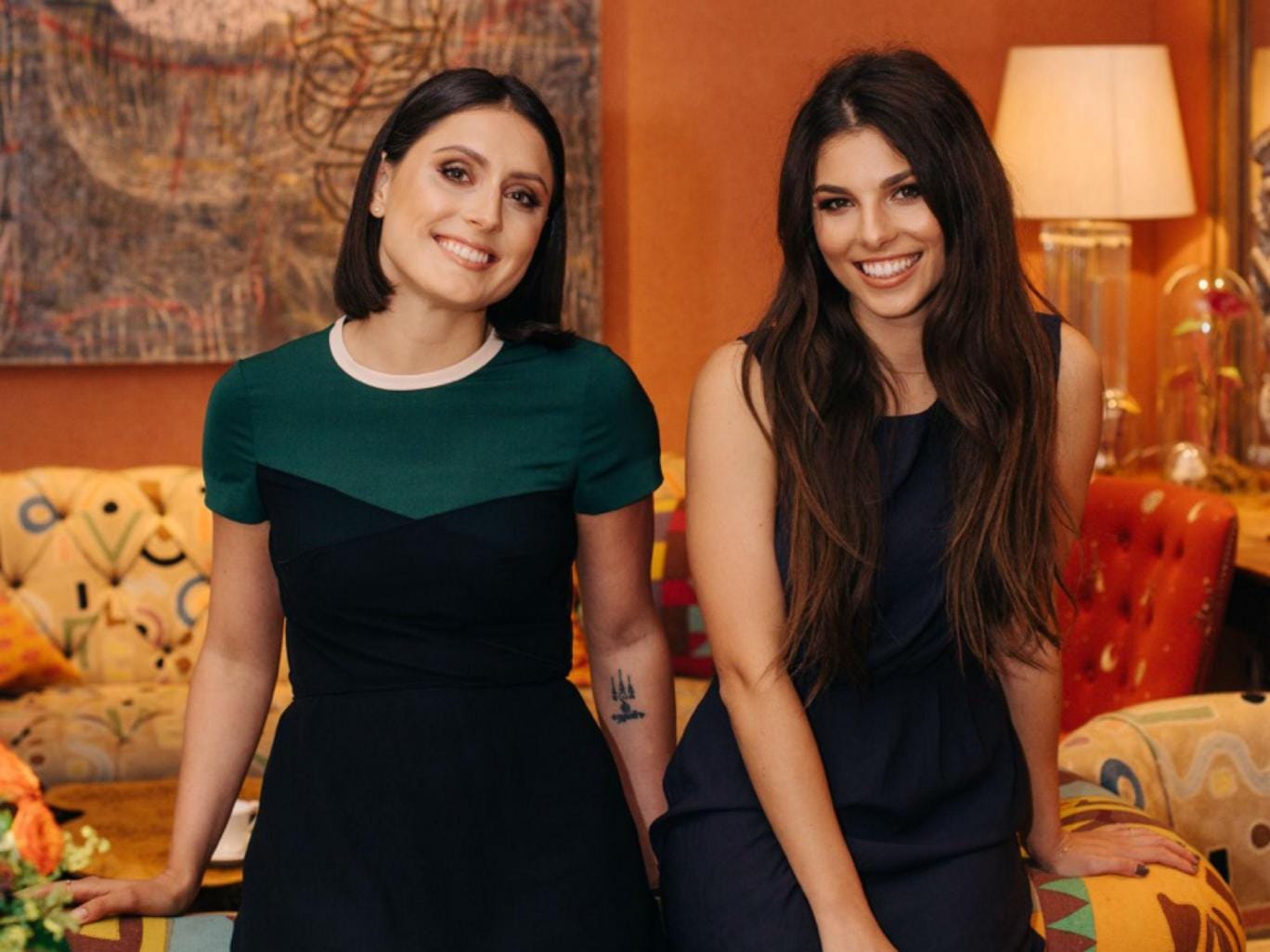A generation empowered by the internet and plagued by loneliness
Estero postato da WilliamPrince || 7 anni fa
Podcasts are so popular because people living in busy cities are so lonely, I was informed by a friend the other day. While the research to back up that statement is somewhat lacking, the reasoning behind it is more compelling. The assuredness that should be enjoyed by smart, engaged, digitally savvy and successful 20 and 30 something-year-olds is, for an increasing number, overshadowed by a gnawing sense of isolation and loneliness.
Loneliness among young people is a problem that has been slowly uncovered in polls. Eighty-six per cent of millennials reported feeling lonely and depressed in a 2011 study. A study in 2014 found 18-24-year-olds were four times as likely to feel lonely all the time as those aged 70 and above.
It’s a feeling few feel comfortable saying out loud. Loneliness becomes a greater burden thanks to the social stigma inextricably linked to it and accepting it means accepting an often scary understanding of the lives we constructed for ourselves. Humans were built for companionship, not to be alone, at least according to the growing body of research on the effect social isolation has on health. Older adults are more at risk of developing dementia if they endure chronic loneliness is the conclusion of one often cited study, while a second claims a lack of social connections can be as dangerous as smoking 15 cigarettes a day.
The insidious nature of loneliness is being increasingly explored thanks to research and campaigns launched in recent years, and this spotlight has been welcomed. The calls and emails that came in response to the New York-based journalist Julia Bainbridge’s The Lonely Hour podcast show how universal the feeling is. Many of those ringing in were grateful to hear a voice expressing something they were too terrified to vocalise, including one woman, who told Bainbridge: “It’s funny, or maybe it’s sad, that what brings us together is that we all feel lonely.”

photo: formal dresses nz online
Bainbridge says she launched the podcast after noticing loneliness appearing in various forms in lots of different places and realising how loneliness was also affecting her. In a forward to her second series, she explained: “I started this project because we seem to be experiencing a significant increase in social isolation and a decrease in connections to close friends and family. According to studies from the National Science Foundation, loneliness may be our next big public health issue. Those things are true, but what is also true is that I’m lonely. I’m a 33-year-old single woman in New York City who is looking for partnership at a time and a place when it seems particularly hard to find.”
First person accounts like Bainbridge’s are increasingly emerging but still relatively sparse, yet loneliness is experienced in some form by everyone to some degree. I purposefully spend most of my time surrounded by people. I am single but lucky to have an expansive social network that spreads across cities and I treat each friendship in the same way I would treat a relationship with a partner; as something that needs to be carefully maintained in order to endure. I even hesitated writing that sentence in case I could somehow jeopardise this wonderful network just by committing it to the internet.
I probably overspend because of how scared I feel of losing this network and I rarely decline an event with friends. A recent weekend spent in by myself after going for drinks with friends on a Friday evening left me practically crawling the walls and by the end of Saturday evening, I really wanted to buy a packet of cigarettes and I really wanted a glass of wine. I wasn’t bored, I had been productive: I had things to do and deliberately isolated myself. That 'crawling the walls' feeling was loneliness.
Is loneliness ever more pronounced than in the most every day situations: while eating dinner, while going to sleep? Social media has provided a space where people feel safe to express these moments of loneliness under tags, bringing together an online community of people who feel the same way. There are 400 million people on Instagram. At the time of writing, there are 4.7 million posts with the hashtag #lonely on Instagram. Almost one million tagged under #loner. Almost half a million under #loneliness.
Eve Critchley, the Head of Digital for the mental health charity Mind, says the sudden access we have to virtually every movement of our nearest, dearest and even those we only vaguely know through social media is creating a pervasive sense of FOMO (fear of missing out) that in turn perpetuates loneliness. There are 329 million #happy posts on Instagram, 3.9 million #relationshipgoals hashtags. Feeds are otherwise populated by heavily filtered images of holidays abroad in idyllic locations, mouthwatering meals consumed in trendy locations - who’s to know the off-the-cuff picture took five attempts, the holiday was boring, tempers were frayed or the food was cold? How many posts are there about having a #terribletime? 915 at the time of writing, to be precise.
Read more at: ball dresses online